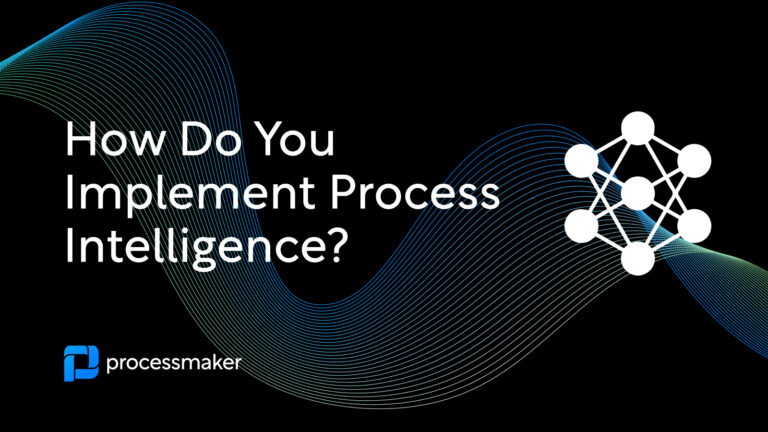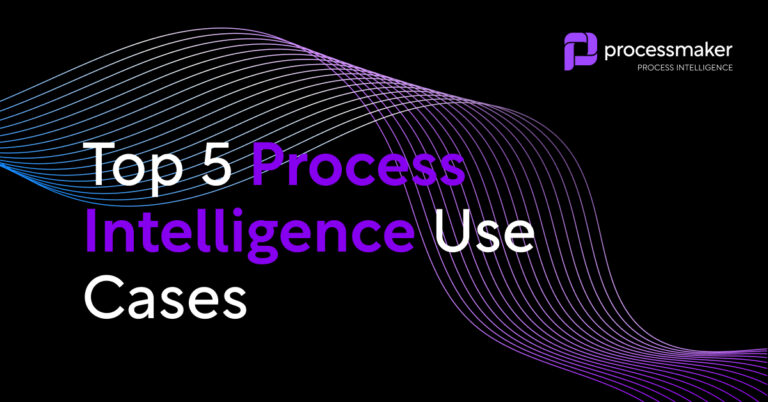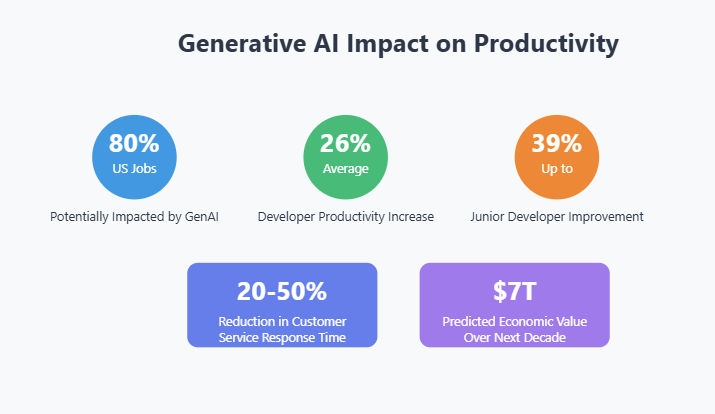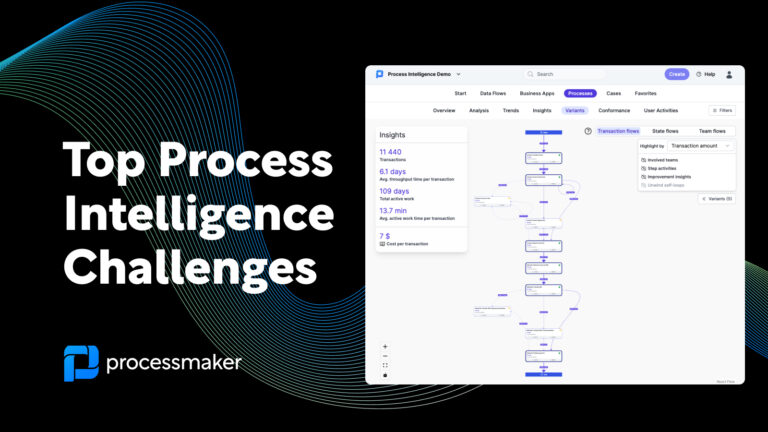With constantly increasing customer expectations, extremely uncertain economic situations, and generative AI changing the business landscape once and forever, companies have to stay competitive and continuously improve their data practices. For the technological forerunners in different industries, process intelligence has been a new powerful avenue to help them optimize their operations and drive process excellence.
Process intelligence is the new black of business process management that combines the power of process mining and task mining technologies to get insights on how to improve business processes. While hybrid process intelligence is a relatively new technology, process and task mining have been around for more than two decades. These two technologies have usually been associated with high implementation costs and efforts required to start any process or task mining activity. The logical question arises: how hard or easy is it to implement the hybrid of both — process intelligence?
Why Implement Process Intelligence Software?
Companies recognize the importance of having transparency in their processes. The research by SSON shows that enhanced visibility remains to be a top priority for companies when engaging with process intelligence technologies. This innovative technology empowers businesses with real-time insights into their operations, offering a better understanding of their processes. Improved efficiency is another driver for process intelligence implementation, as it identifies bottlenecks and areas of improvement, enabling businesses to enhance their efficiency and productivity. 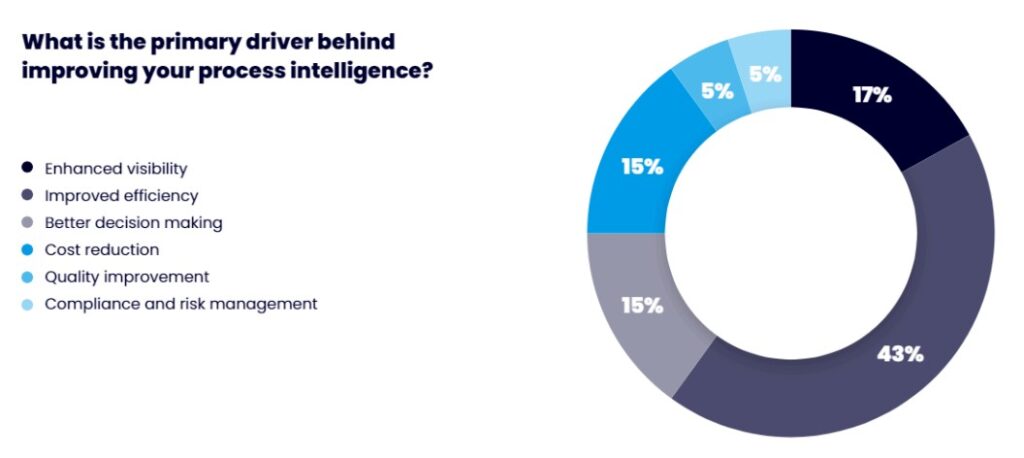
The Future of Process Intelligence Market Report by SSON 2024: drivers behind improving process intelligence
Process Intelligence vs Process Mining
While both process intelligence and process mining focus on improving business processes, they differ fundamentally in their scope and approach. Process mining is primarily concerned with the extraction of insights from event logs to visualize and analyze how processes are executed within enterprise systems like CRMs, ERPs, etc. It enables businesses to understand historical performance and identify deviations from expected workflows.
In contrast, process intelligence encompasses not only the insights derived from process mining but also integrates task mining, which examines user activities and interactions. This holistic approach allows organizations to gain a comprehensive view of both their automated and manual tasks, facilitating more informed decision-making and continuous process enhancement. CTA: Process Mining 101 Guide
Steps to Implement Process Intelligence Software
Process intelligence implementation is different for every organization depending on their goals, company size, the departments that will be using this new software, and the company’s level of digitalization. The following are common steps companies can expect to go through when starting with process intelligence initiatives.
Steps to Implement Process Intelligence Software
1. Identify the goals and choose processes to be involved in this initiative
The first step in implementing process intelligence software is to clearly define the goals. Are you looking to get visibility into your processes, improve productivity, or reduce costs? Then select the functions and processes that you would like to start with. For example, it could be entire accounting, procurement, and finance functions within the company.
2. Choose the right software
With your goals and processes identified, the next step is to select the appropriate process intelligence software. This involves evaluating different tools available in the market, considering factors such as scalability, ease of use, integration capabilities, and support. Tools like ProcessMaker Process Intelligence (PI) allow you to have a free trial of the product. Moreover, the plug-and-play deployment takes only a few hours compared to other process intelligence tools in the market that take months to deploy.
3. Start collecting the data
Data collection is a critical component of process intelligence implementation. This step involves gathering relevant data from various sources, including enterprise systems like CRMs and ERPs, user interactions on desktops, and other operational records. It is crucial to ensure that the data collected is clean, accurate, and comprehensive. Robust data governance practices should be established to maintain the integrity of the data throughout the process. While this may sound confusing, powerful process intelligence software is able to collect the data seamlessly even from the most complex processes with no human intervention and no system integrations needed.
4. Get data analysis insights and improvement recommendations
After data collection, the next step is to analyze the data to extract meaningful insights. This process involves employing analytics tools to visualize trends, identify inefficiencies, and uncover patterns that may not be immediately apparent. Many process intelligence solutions provide automated recommendations for improvements based on analytical insights, facilitating a proactive approach to process enhancement. 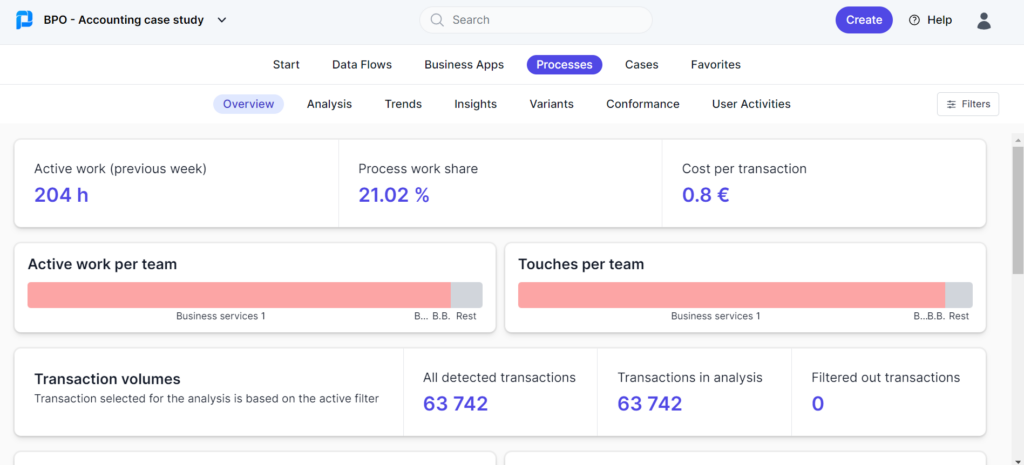
Screenshot – process analysis insights by process intelligence software ProcessMaker
Continuously monitor and improve
The final step in the implementation process is to establish a culture of continuous monitoring and improvement. By regularly reviewing process performance and the insights generated by the software, organizations can adapt and refine their processes in real-time. This ongoing evaluation supports the dynamic management of business processes, ensuring that they remain aligned with changing business goals and customer expectations.
Keys to Successful Process Intelligence Implementation
Successful implementation of process intelligence is crucial for achieving desired outcomes and driving continuous improvement. Here are key factors to consider:
- Clear communication. Ensure that all stakeholders understand the objectives and benefits of the process intelligence initiative to secure buy-in and support. For many employees, this may be a new concept, so it’s wise to take time and explain the benefits of process intelligence for your company.
- Data quality and access. The effectiveness of process mining largely depends on the quality of the data you utilize. Ensure that your data is complete, accurate, and pertinent to the processes under analysis. Additionally, assess whether your current IT systems can deliver the required data in an easily accessible format. Luckily, ProcessMaker PI uses an innovative data collection method that allows it to derive insights from even the most complex data.
- Training and support. Provide adequate training for users on the new software and its capabilities, coupled with ongoing support to handle questions and challenges. Process intelligence platforms like ProcessMaker PI are very intuitive and require almost no training for business users and no technical knowledge for any of the users.
- Regular feedback loops. Establish mechanisms for collecting feedback from users to refine processes.
- Adaptability. Stay flexible to pivot strategies based on insights gained throughout the implementation process. It’s highly possible that your goals may change based on the recommendations provided by the process intelligence software. Additionally, certain hypotheses you’ve had regarding the processes may not be backed by data provided by the software.
Common Challenges to Process Intelligence Implementation
Process intelligence implementation may face issues such as data privacy concerns, resistance to change from employees, and potential technical hitches. You should be prepared to handle such challenges to ensure smooth implementation and operation. 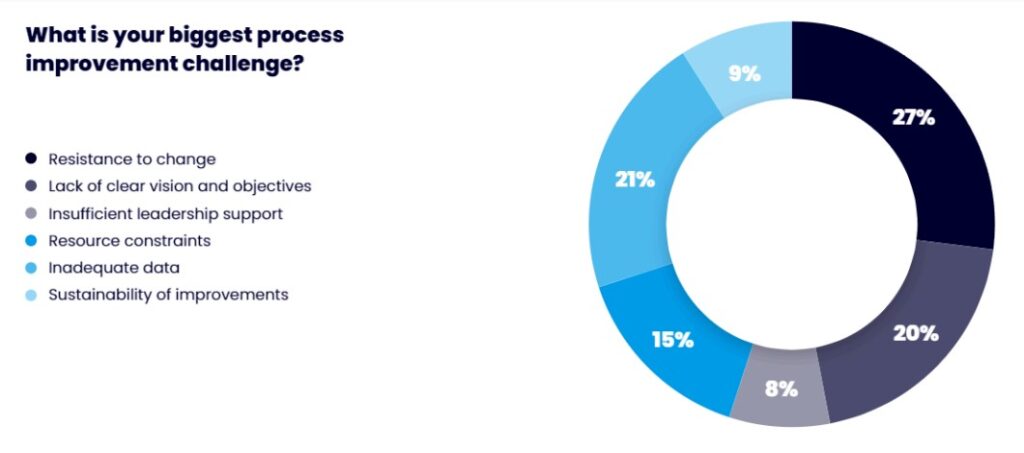
The Future of Process Intelligence Market Report by SSON 2024: main process improvement challenges
The report by SSON shows that resistance to change is still one of the biggest challenges companies go through in their process improvement projects. This is in line with other breakthrough technologies like Generative AI that have either been warmly welcomed or have been experiencing resistance from different organizations.
Bottom line
Process intelligence is crucial for any business aiming for growth and efficiency. While the implementation process may seem daunting, proper planning, selection of the right software, and consistent reviews can ensure success. By overcoming potential challenges, businesses can unlock the potential of process intelligence to drive enhanced productivity and decision-making.
